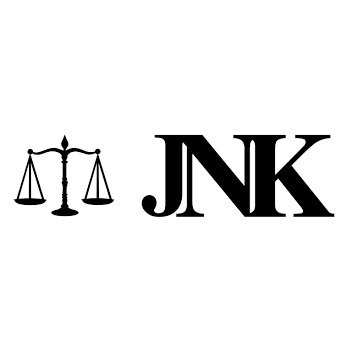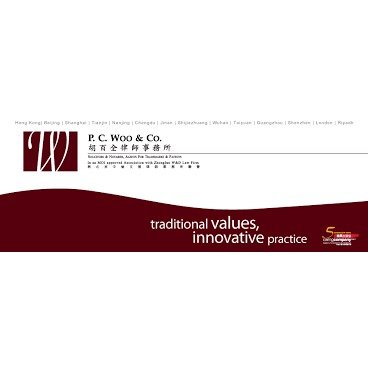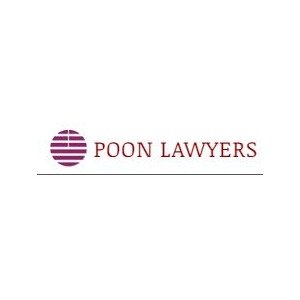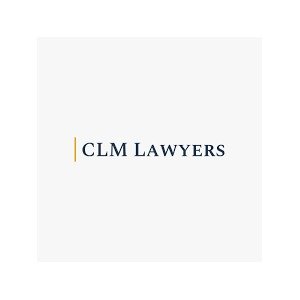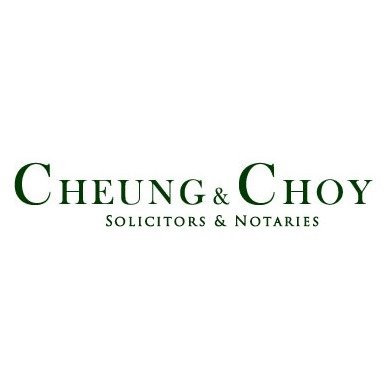Best Real Estate Lawyers in Central
Share your needs with us, get contacted by law firms.
Free. Takes 2 min.
Free Guide to Hiring a Real Estate Lawyer
List of the best lawyers in Central, Hong Kong
About Real Estate Law in Central, Hong Kong
Real Estate law in Central, Hong Kong is a complex field covering various aspects such as property transactions, property management, land use rights, real estate finance and construction projects. Hong Kong law aligns with common law principles that are based on precedents set by previous court cases. Unlike other regions in China, Hong Kong operates under the "one country, two systems" principle, allowing them to maintain their separate legal system.
Why You May Need a Lawyer
There is a multitude of reasons why an individual might seek legal assistance in real estate matters. A few typical examples include property buying or selling, tenancy disputes, construction contracts, property inheritance, mortgage and loan agreements, and land-use rights disputes. Navigating through these legal issues without expert help can lead to costly or irreparable mistakes. A real estate lawyer brings knowledge in property law, offers valuable legal advice, assists in document drafting and ensures the legality of the transaction or dispute resolution.
Local Laws Overview
Hong Kong real estate law is defined by a variety of ordinances. The Conveyancing and Property Ordinance sets the framework for property transactions while the Landlord and Tenant Ordinance regulates tenancy matters. The Buildings Ordinance governs construction permits and the standards of structures. Real estate developers must also abide by the Real Estate Developers Ordinance. Given the intricacies of real estate law, guidance from a professional familiar with local ordinances is essential when dealing with property related matters.
Frequently Asked Questions
1. How is property ownership verified in Hong Kong?
Property ownership in Hong Kong is verified through a land search at the Land Registry. The Registry records every registered real estate transaction, providing a history of ownership and encumbrances on the property.
2. Can foreigners buy property in Hong Kong?
Yes, foreigners can buy property in Hong Kong. There are no restrictions on foreign property ownership aside from the obligation to pay the same stamp duties as Hong Kong residents.
3. How is property tax assessed in Hong Kong?
The Hong Kong government calculates property tax based on the rental income earned from the property. The standard tax rate is 15% of the net assessable value, which is the annual rent less a number of deductions.
4. Can I negotiate my land lease terms in Hong Kong?
In most cases, the government, as the primary lease issuer, sets the lease terms. Negotiation may not be possible; however, a lease can usually be extended for a fee upon expiry.
5. Are there specific laws for strata properties?
Yes, the Building Management Ordinance covers strata properties in Hong Kong. It governs owners' corporations' conduct, the relationship between owners, and the property's shared/common areas.
Additional Resources
Additional resources include the Land Registry for property searches, the Rating and Valuation Department for property valuations, and the Buildings Department for information on buildings and structures. The Estate Agents Authority also provides regulatory guidelines for estate agents’ operations in Hong Kong.
Next Steps
If you require legal assistance with a real estate matter in Central, Hong Kong, consider seeking the aid of a legal professional. They can guide you through the complexities of property law, helping to ensure a smooth transaction or resolution of a dispute.
Lawzana helps you find the best lawyers and law firms in Central through a curated and pre-screened list of qualified legal professionals. Our platform offers rankings and detailed profiles of attorneys and law firms, allowing you to compare based on practice areas, including Real Estate, experience, and client feedback.
Each profile includes a description of the firm's areas of practice, client reviews, team members and partners, year of establishment, spoken languages, office locations, contact information, social media presence, and any published articles or resources. Most firms on our platform speak English and are experienced in both local and international legal matters.
Get a quote from top-rated law firms in Central, Hong Kong — quickly, securely, and without unnecessary hassle.
Disclaimer:
The information provided on this page is for general informational purposes only and does not constitute legal advice. While we strive to ensure the accuracy and relevance of the content, legal information may change over time, and interpretations of the law can vary. You should always consult with a qualified legal professional for advice specific to your situation.
We disclaim all liability for actions taken or not taken based on the content of this page. If you believe any information is incorrect or outdated, please contact us, and we will review and update it where appropriate.
Browse real estate law firms by service in Central, Hong Kong
Central, Hong Kong Attorneys in related practice areas.



